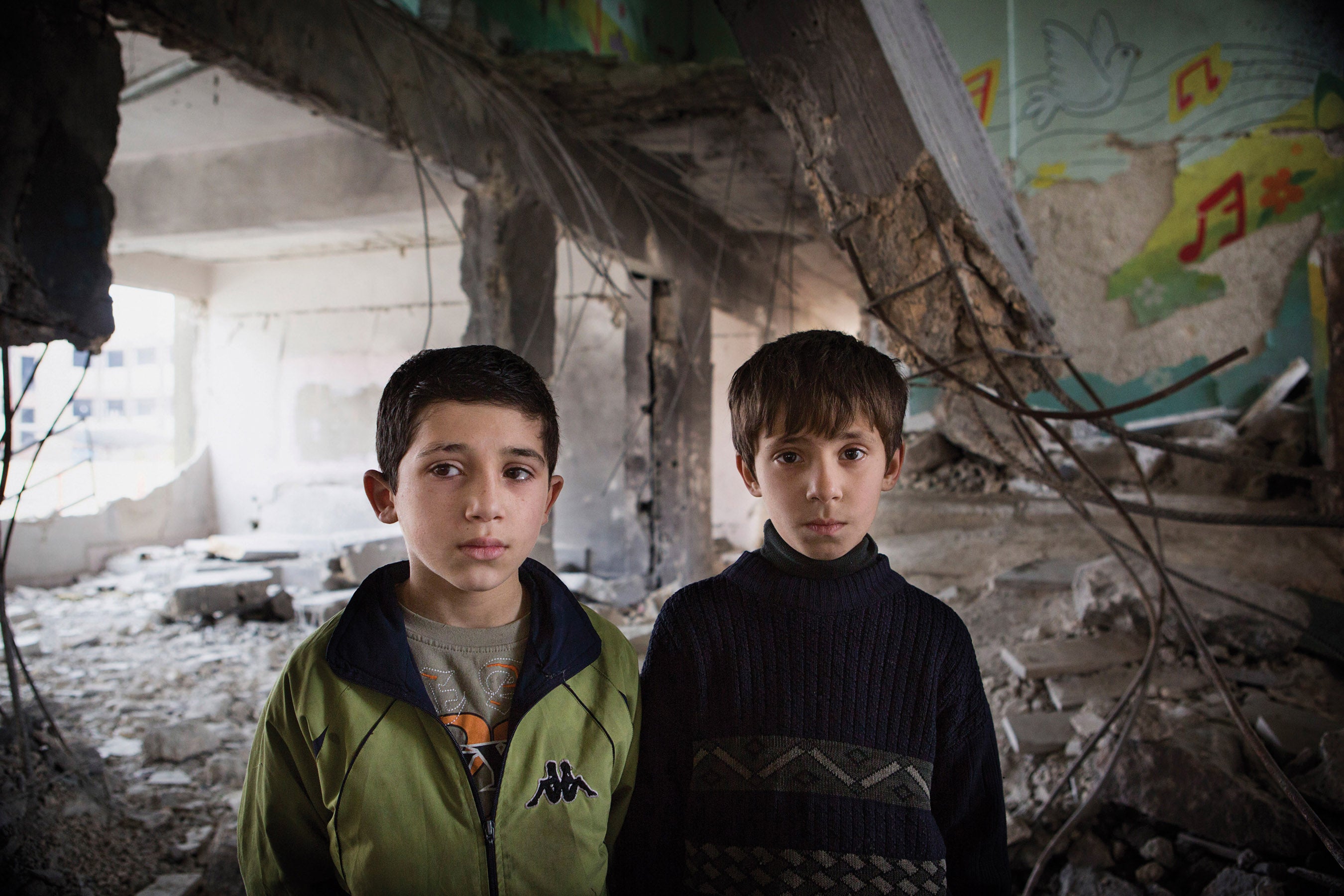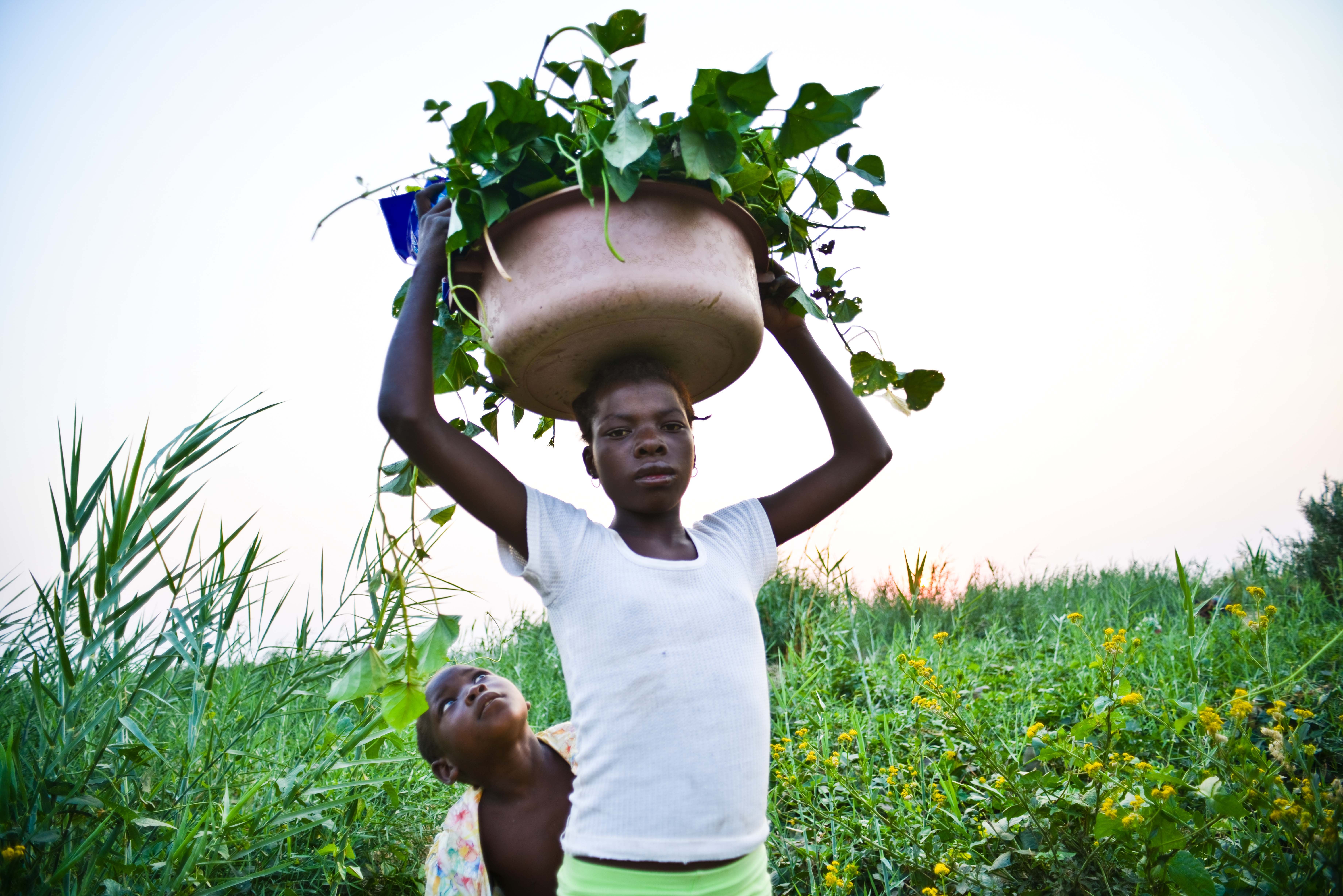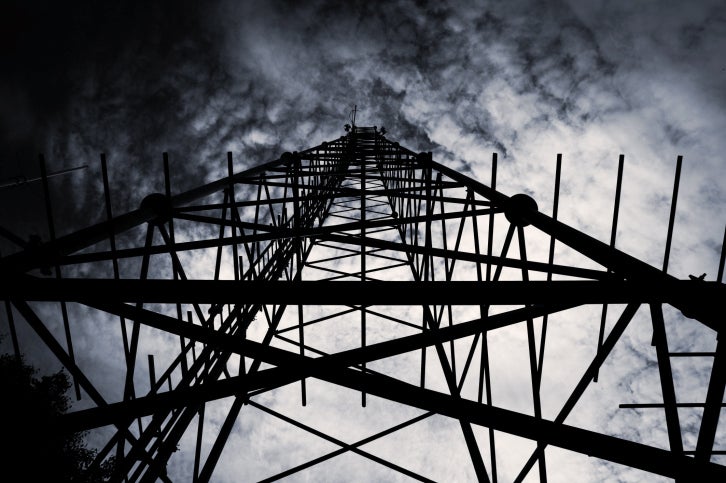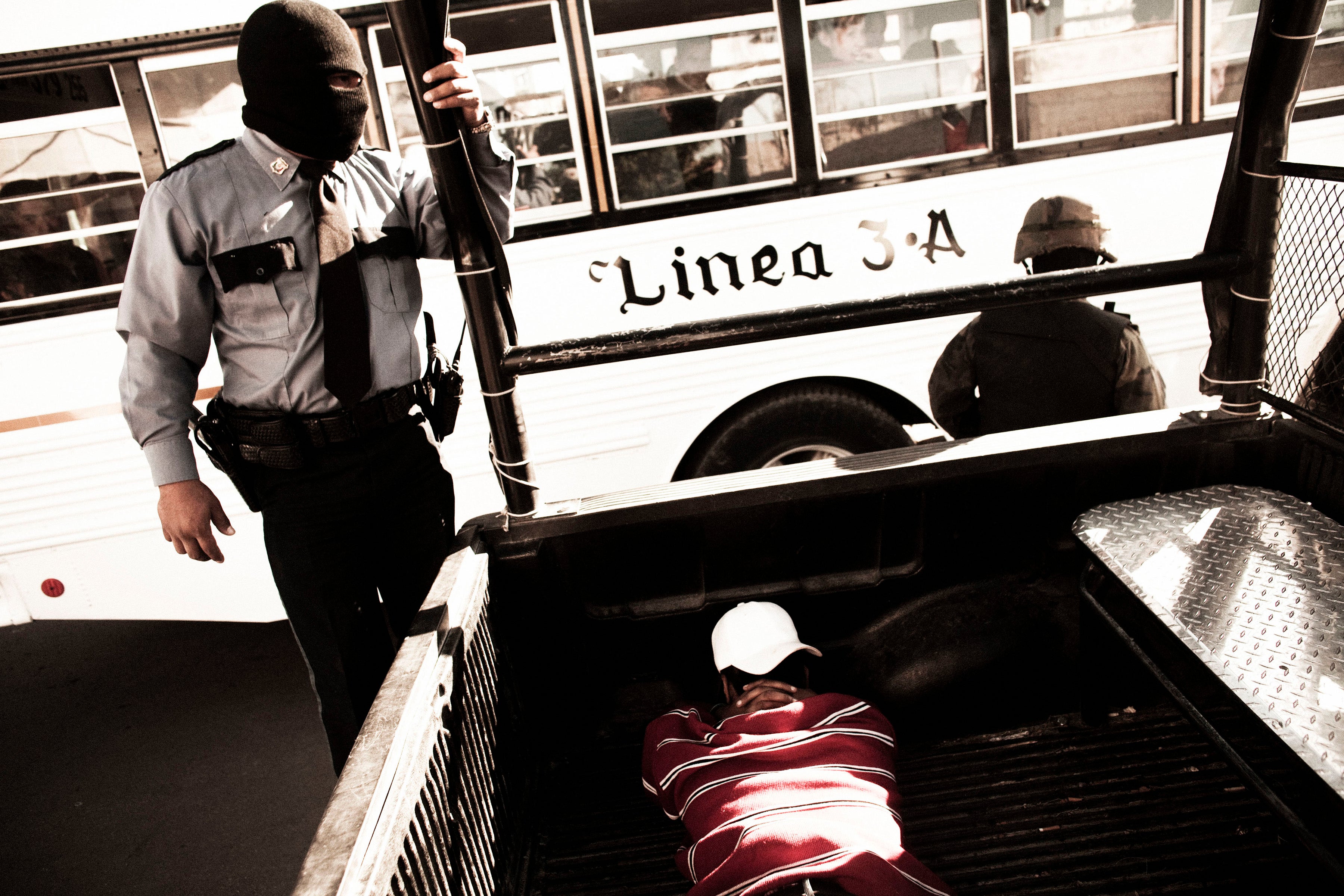Uncertainty over the organization of long-delayed parliamentary elections, envisioned to consolidate Guinea’s full transition from authoritarian to democratic rule, dominated the political and human rights landscape and led to a worrying increase in violence in 2013. Months of violent protests involving militants from the opposition, the ruling party, and the security services left dozens dead and over 400 wounded.
Parliamentary elections, not held since 2002, were to have taken place six months after the largely free and fair 2010 election of Alpha Condé as president. However, they were repeatedly delayed by opposition demands to address technical concerns involving the electoral list and the right of the diaspora to participate, among other issues. The delay exacerbated ethnic tensions, deepened a concentration of power in the executive branch, and generated considerable frustration within Guinean civil society and the country’s international partners.
The vote finally took place on September 28 but, according to Guinean and international observers, it was marred by organizational problems and irregularities including ballot stuffing by supporters of the ruling party, voter intimidation, and minors casting votes.
Endemic corruption, the chronically neglected judiciary, and the slow pace of security sector reform undermined respect for the rule of law. Rising ethnic tensions ignited political violence and led to communal clashes in the N’Zérékoré region in July, which left at least 98 dead and 160 wounded.
Excessive use of force by security forces in response to political demonstrations declined, but they were nevertheless implicated in numerous incidents of excessive use of lethal force and unprofessional conduct as they responded to the violent clashes between militants of opposing political parties. Attacks against freedom of the press increased in 2013.
Guinea made some progress in ensuring accountability for past atrocities, including the 2009 massacre of unarmed demonstrators by security forces, and indictment of a few powerful political and military figures for the 2010 torture of members of the political opposition. There was little progress in attempts to establish a reconciliation commission and an independent human rights body.
International actors—notably the United Nations Office of West Africa (UNOWA), European Union, France, the United States, and the Organisation internationale de la francophonie (OIF)—took proactive steps to resolve disputes over the organization of parliamentary elections, but rarely spoke out on the need for justice for past and recent crimes by state actors.
Accountability for the September 28, 2009 Massacre and Other Crimes
More than four years on, the domestic investigation into members of the security forces implicated in the September 2009 massacre of some 150 people and the rape of over 100 women during the military regime of Moussa Dadis Camara has yet to conclude. In 2010, the then-government committed to bringing the perpetrators to justice, and a Guinean prosecutor appointed a panel of three judges to investigate the crimes.
The panel has made important strides, having interviewed more than 300 victims and charged at least eight suspects including several high-level members of the security forces. However, progress continues to be stymied by insufficient government backing and support, including the government’s failure to place high-level suspects on leave from their government posts pending investigation and to satisfactorily resolve the judges’ outstanding request to question the former Guinean president, who is currently living in Burkina Faso. Some suspects have been in pretrial detention longer than the two years Guinean law permits.
Judiciary and Detention Conditions
Decades of neglect of the judiciary has led to striking deficiencies in the sector, allowing perpetrators of abuses to enjoy impunity for crimes. The allocation for the judiciary has for several years stood at around 0.5 percent of the national budget. As a result, there continue to be severe shortages of judicial personnel and insufficient infrastructure and resources, which, when coupled with unprofessional conduct, including corrupt practices, failing to show up in court, and poor record-keeping, contributed to widespread detention-related abuses.
The indictment in 2013 of Conakry’s powerful governor and two high-level soldiers for alleged torture committed during the run-up to the 2010 elections, as well as the arrest and indictment of two suspects for the 2012 assassination of Guinea’s treasury director, Aissatou Boiro, demonstrated progress in addressing impunity. However, the judiciary failed to make progress in ensuring justice for the 2012 killing of six men by members of the security forces in the village of Zoghota in southeastern Guinea.
Prison and detention centers in Guinea are severely overcrowded, and inmates and detainees lack adequate nutrition, sanitation, and medical care. The largest detention facility—designed for 300 detainees—accommodates some 1,100. An estimated 75 percent of prisoners in Conakry are held in prolonged pretrial detention. The failure of the Cour d’assises—which hears matters involving the most serious crimes—to meet regularly contributes to the problem. The government failed to establish the Superior Council of Judges, which is tasked with discipline, selection, and promotion of judges. International and Guinean legal aid groups helped ensure representation for the indigent.
Truth-Telling Mechanism and Independent Human Rights Institution
During 2013, the “Reflection Commission,” created by presidential decree in June 2011 to promote reconciliation, made no visible progress in fulfilling its mandate. The interim co-presidents appeared to limit its mandate to promoting reconciliation largely through prayer, while local human rights groups pushed for a commission that could meaningfully address impunity.
Progress in setting up the independent human rights institution, as mandated by Guinea’s 2010 constitution, was undermined by delays in holding legislative elections; the constitution stipulates that the institution can only be established through a law voted on by the national assembly.
While the Ministry for Human Rights and Civil Liberties, newly created in 2012, lacked resources, the minister actively advocated for strengthening the judiciary, an end to impunity for abuses, and respect for freedom of the press.
Conduct of the Security Forces
The government and military hierarchy made some progress in ensuring that their subordinates responded proportionately to civil unrest and to ensure the army remained in their barracks during protests. However, members of the police and gendarmerie were implicated in numerous incidents of excessive use of lethal force and unprofessional conduct as they responded to often-violent protests and clashes between militants of opposing political parties, and arbitrarily detained and beat others. Several security force members were killed during the violent demonstrations.
On at least three occasions, members of the security forces attacked or failed to protect members of the opposition or their family members from violence meted out by ruling party militants. On several occasions, members of the security forces engaged in theft, extortion, and other crimes directed at people living in neighborhoods that largely supported the opposition. The police and gendarmes also failed to equally protect people during violent street demonstrations, including by standing by while protestors supporting the ruling party attacked and at times robbed opposition supporters.
After 12 people were killed by the security forces in May, most by gunshot, President Condé tasked the justice minister with opening an inquiry into the violence and prosecuting those responsible.
Freedom of Media
Censorship measures were imposed in late 2012 by state media regulators against three popular current affairs talk shows, stemming from commentary critical of government officials. One debate program on the private Planète FM station was suspended on December 13 for five weeks, and the program’s host was banned for a week, based on a defamation complaint. Another station, Espace FM, was formally warned for its coverage of deadly unrest in the southern town of Guéckédou. Several journalists and news outlets covering political unrest in the capital, Conakry, were attacked, detained, or threatened during political unrest in 2013.
In mid-August, soldiers stormed Bate FM in Kankan, shutting it down for airing President Condé being booed at a rally. At least three journalists were briefly detained. The station was later attacked and looted and one journalist was assaulted in the process. The attackers were allegedly supporters of the president.
Key International Actors
Guinea’s key international partners, notably the United Nations, European Union, Economic Community of West African States (ECOWAS), France, and the United States, remained largely focused on ensuring progress in the long-delayed parliamentary elections. However, they remained largely silent on the need for those responsible for the September 2009 violence. While they made frequent calls to end the violent exchanges between supporters of the opposition and ruling party, they largely failed to condemn abuses by the security forces or demand that they be held accountable for their crimes.
Despite having a full mission in Guinea, the Office of the United Nations High Commissioner for Human Rights (OHCHR) failed to consistently denounce abuses by the security forces. OHCHR, together with the EU, and the UN Development Programme (UNDP) took the lead in strengthening Guinea’s judicial system. However, much of the EU’s development support was conditioned on the conduct of transparent legislative elections. In a resolution adopted in June, the Human Rights Council called on Guinea to further support the work of the Panel of Judges, protect survivors, and compensate families of victims of the 28 September massacre.
The UN Peace Building Commission (PBC) continued to fund programs supporting security sector reform and reconciliation. In May, the International Monetary Fund unlocked US$27 million in credits for Guinea, and in June Guinea benefitted from €74 million of debt relief from France.
The International Criminal Court (ICC), which in October 2009 confirmed that the situation in Guinea was under preliminary examination, visited the country in January and June to assess progress made in national investigations.




